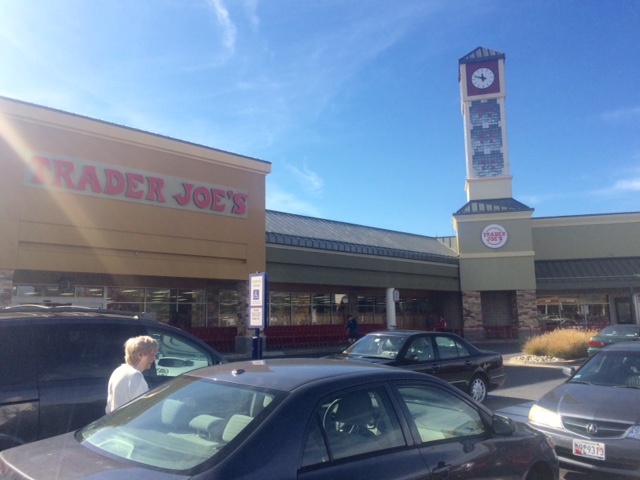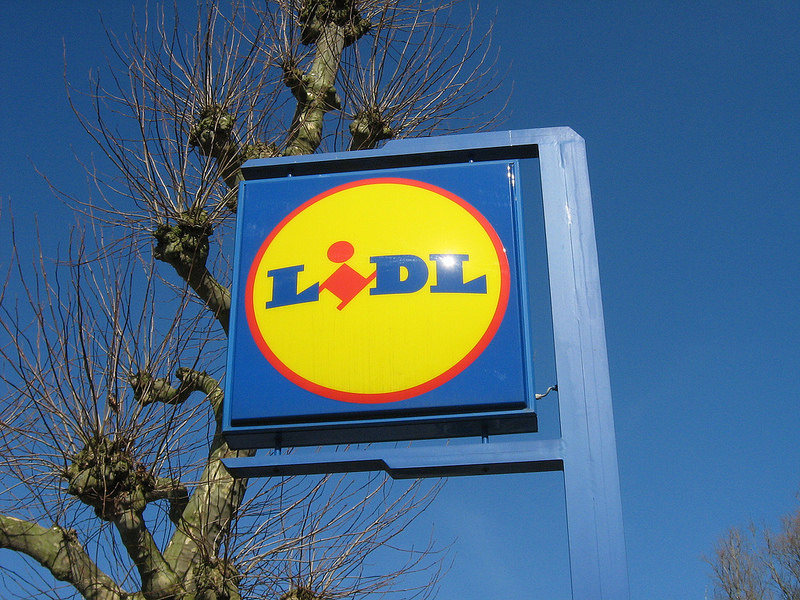
Are Germans Stingy?
The German statistics office reports that Germans spend only 14.2% of their income on food, compared to 20.4% for the French. Is this why we call them stingy?
Part of the reason is the prevalence of hard discount stores and strong price competition in Germany. However, the current market trend is to buy local organic products, which are more expensive. According to GfK, overall demand in 2015 decreased while sales remained stable: Germans are spending more to feed themselves than ever before.
Buying groceries in Germany is cheap. Those living along the French and Swiss borders know this well. Conversely, Germans are shocked when filling up a shopping cart in France. According to a GfK survey, 53% of German consumers buy products based on their prices.
The hard discount, these little supermarkets selling a variety of products at prices reduced well below average, was invented in Germany. The Albrecht brothers created this concept after WWII. The Aldi brand was born from combining their name AL-brecht with the word DI-scount. Ninety-eight percent of German households shop there at least once a year.
Germany’s high concentration of distributors
Another reason for low prices is found in the retail concentration in Germany. Five companies handle 3/4 of the market. These are Edeka, Rewe, Lidl, the Schwarz group, Metro and Aldi.
Central purchasing departments, and not just the hard discount ones, are in a strong position to negotiate contracts with producers. Milk, yogurt, chocolate and coffee in Germany are among the lowest-priced products in Europe.
High quality despite low prices
German rationality is at its best here. Germans like facts, and independent institutions deliver them regularly. Stiftung Warentest and Ökotest are the two most well-known. Every month, they test a multitude of products purchased in supermarkets and publish the results in their monthly magazine. So, in 2013 Ökotest tested many brands of strawberry yogurt and announced that the winner was actually the cheapest one. This is often the case and the Germans know it.
Producers too! Having Stitung Warentest’s seal of approval “Sehr gut” (Very good) can make the difference in the stores.
Old clichés die-hard
Germans have a worldwide reputation of being reliable, orderly and for building beautiful automobiles. Reliable and orderly is incompatible with spendthrift, at least if we rely on clichés! All Germans shop at Aldi and Co., but does that mean Germans are stingy? Probably not, but they appreciate the good quality at low prices that is offered to them.
One example is Saturn, a German appliance and multimedia chain. Well established in Europe, Saturn boasted low prices until 2011. The German slogan “Geiz ist geil”, translates literally as “Being stingy is sexy!” In France, the same campaign used the slogan: “Stingier is smarter”.
The latter is certainly closer to reality in Germany. In fact, Germany is a country of experts, and this is also found in the hunt for low prices. Finding the best item at the lowest price is somewhat of a national hobby. It doesn’t mean that Germans are stingy, but simply that they are well informed.
Germans aren’t stingy and the mentality is changing
In 2015, a new Nielsen study showed that Germans are becoming hedonists. While in Europe, price is the most important point when making a purchase, it’s only in third place in Germany.
The French are stingiest when it comes to tipping!
In terms of tipping, the French are notoriously stingy. Direct Line, a British insurance company conducted a survey to determine the tipping index. According to figures published by Le Figaro, the French tip on average 5% of their bill while the world average is 11%. Americans and Germans are viewed as the most generous tippers. So no, Germans aren’t the stingiest. At least not any more than others!
Photo credit by olly





Born and raised in France, 8 years in Germany, now living in the US… this is my experience:
French food is definitely the most sophisticated, diversified and subtle one. Maybe slightly too much in some places…
German food can be monotone if you don’t “think out of the box” while cooking or going to the restaurant. Overall a very good experience though.
US food is the unhealthiest… unless you spend time cooking for yourself or focusing on greens. Food is everywhere and available 24/7! Quantity over quality…
In all 3 countries, I would say that good quality has its price anyway – although my bank account is not as happy with US prices as with German prices…
German and French food is pretty much alike if you take a look what people really eat on a daily basis. Maybe more eggs in France and a little bit more potatoes in Germany. The only difference is that French people think that even an omelet is special when it’s made by a french restaurant.
There is this French attitude which makes it almost impossible to lets say enjoy an asian restaurant when you go out with your friends and one of of them is French. She or he will always refer to how much better French food is and how wired this very asian dish is right in front of you. For me this is a kind of cultural stinginess: The lack of letting it go.
But in general I think food habits are really depends on which city or region you compare. If you go to Paris you will get the worst coffee you can ever imagine and very few vegetarian restaurants. Berlin seems to be a little more international. But Munich might be still better than Berlin though.
Have you ever noticed that, not only we, French people, criticize all the time non French food BUT also spend 50% of a meal talking about food??
Generally what people spend more money indicates prevailing prices, incomes and preferences – in France and in Germany, like in most larger countries, relative expense also depends on what region you are in. So I don’t think you have framed a valid question even just based on food but when you ask if someone is stingy because of their food buying preferences you have really mixed up apples and oranges.
In NYC – a low income person will spend day 25% of takehome salary/income on food, and maybe a high income person will only spend 5% of income – even though the price of the same food is higher.
Let’s say that the stats are valid as they are based on a bunch of data concerning one single country. I would consider my other points to say that Germans are not stingy: food is generally cheaper in Germany than in France or the US. And the prevailance of hard discounters helps to maintain lower retail prices.